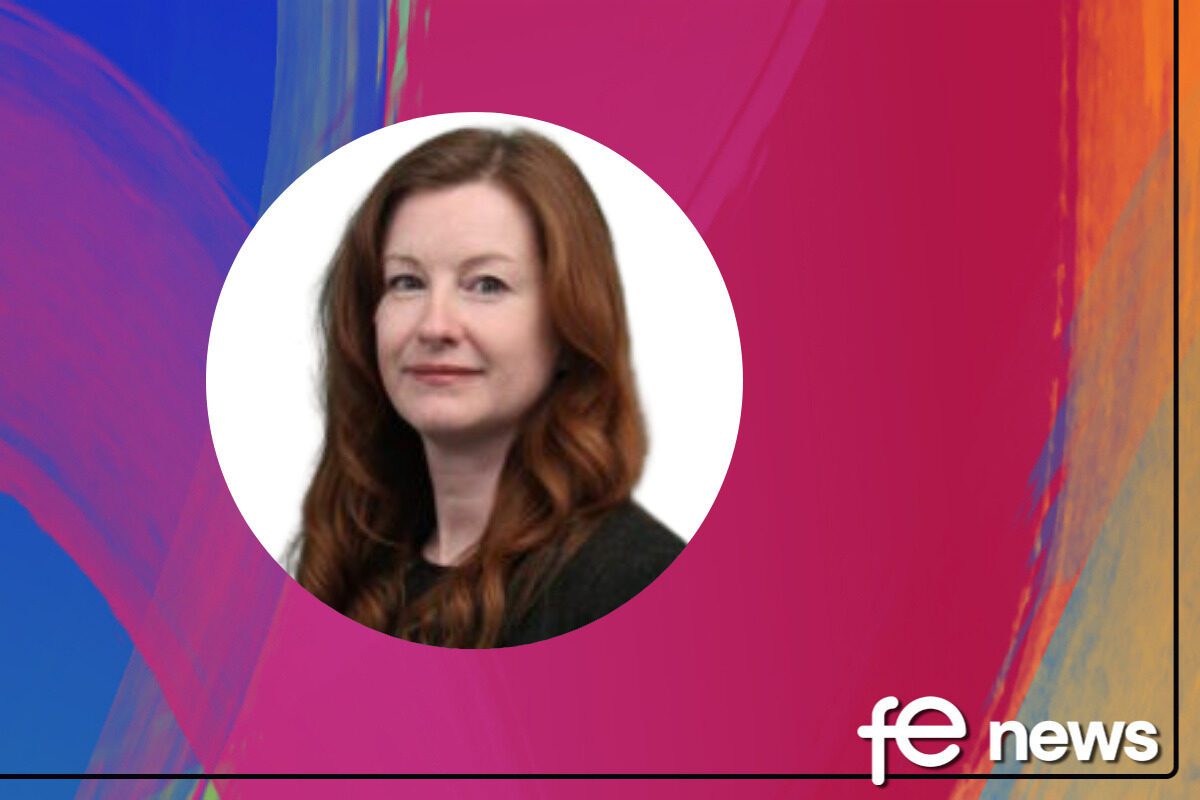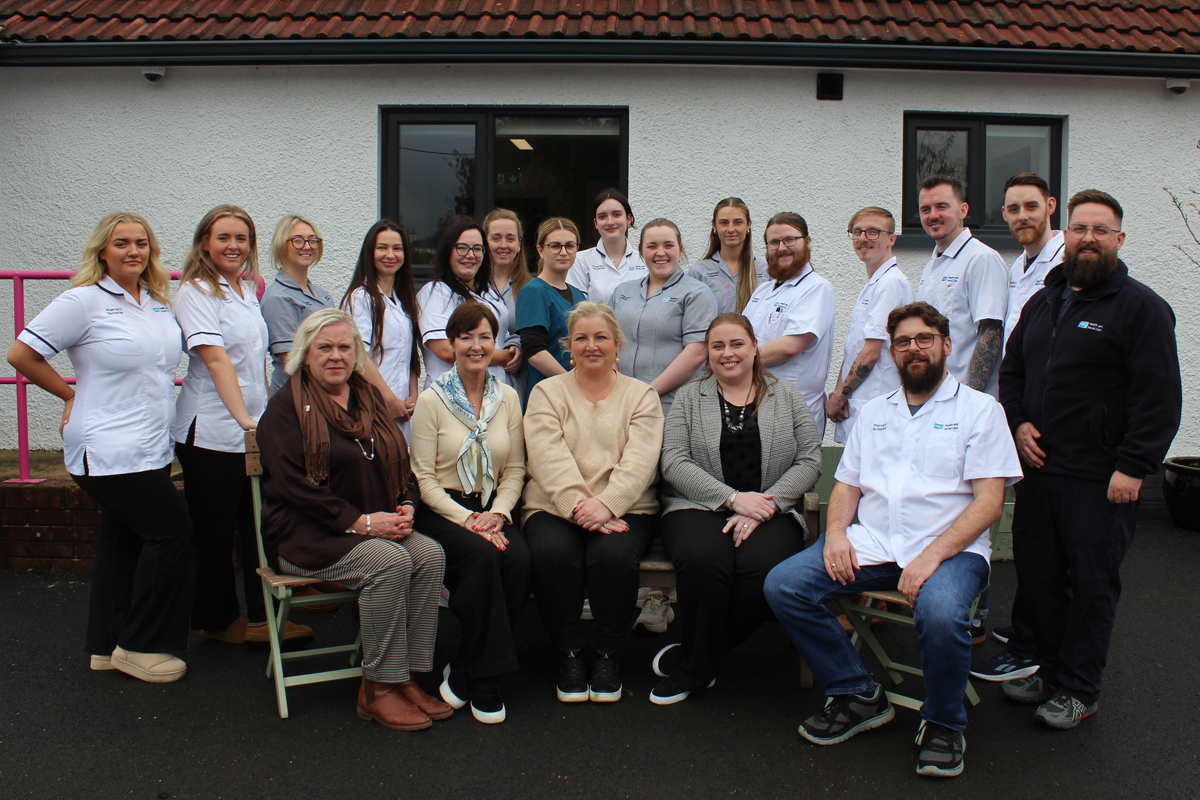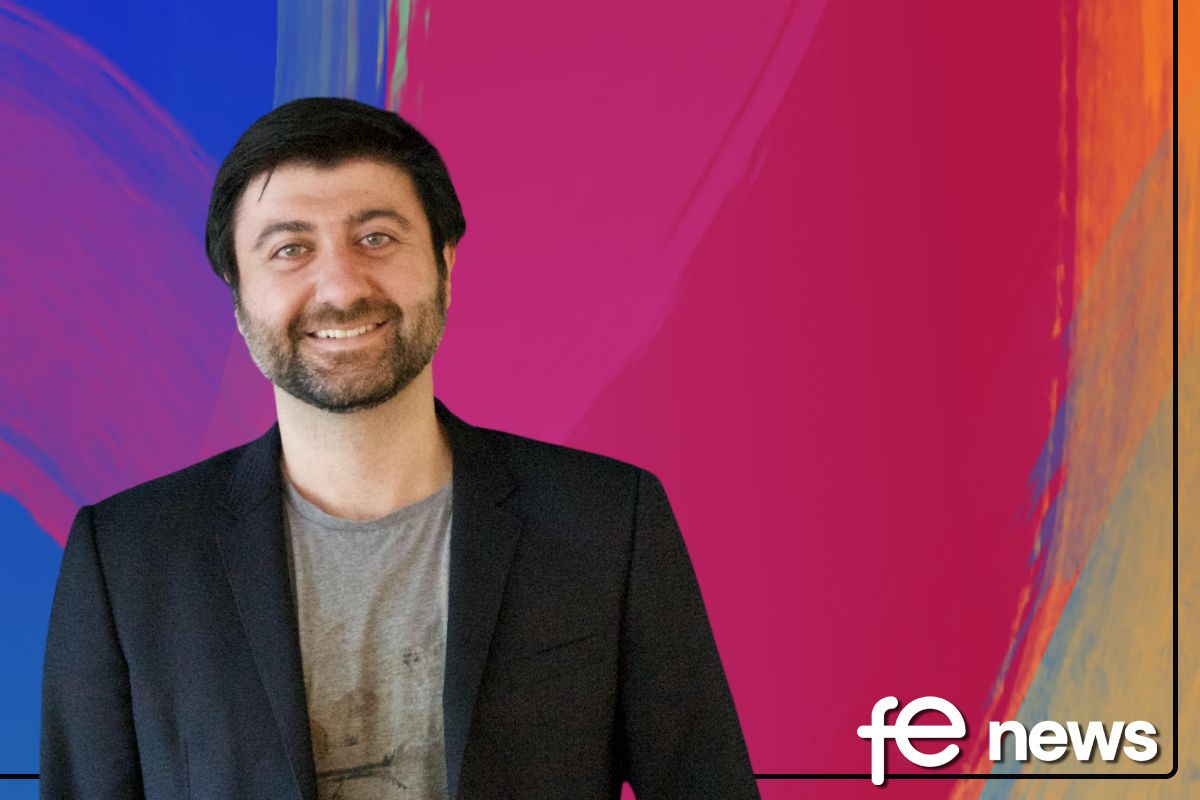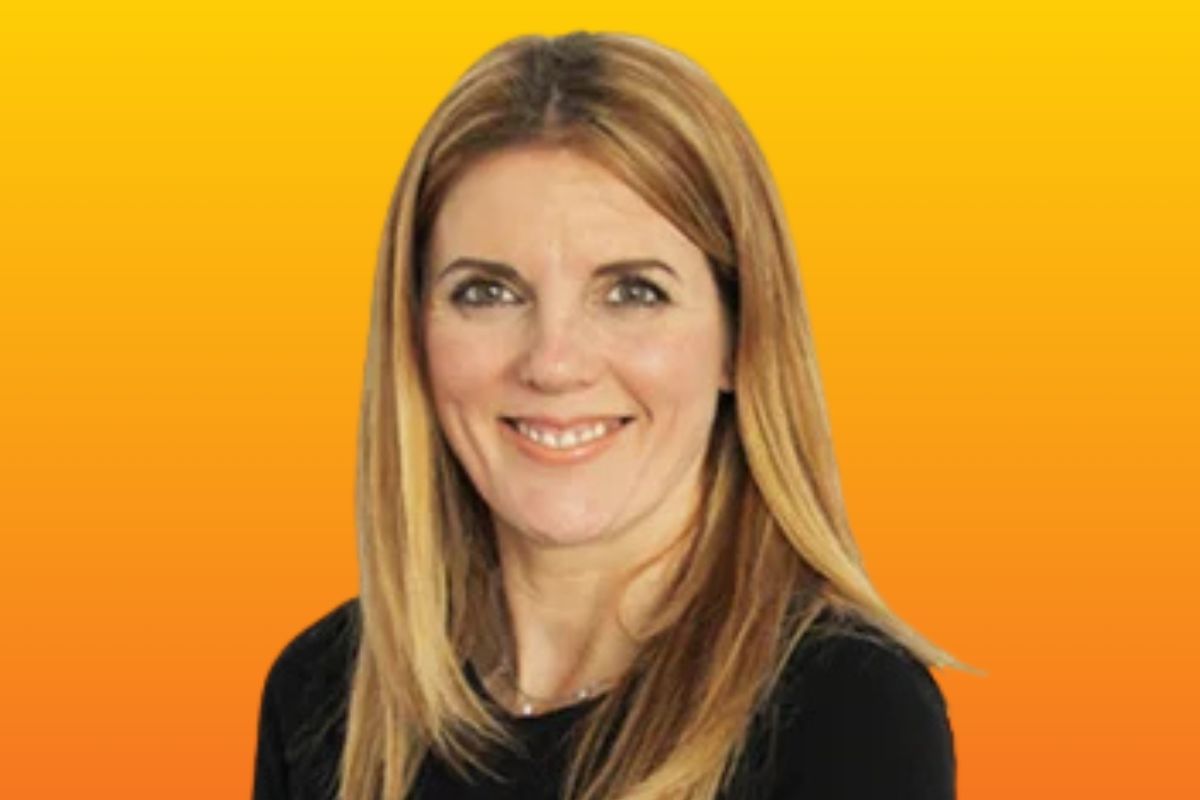“Let’s ensure research is a career option for everyone”

As The Young Foundation launches its first ever peer research conference, Hive, Chief Executive Helen Goulden highlights need for greater diversity and creativity, welcoming the participation of young people
Recent years have been tough for young people. Many were pushed out of work and study as plans were postponed or seriously curtailed through Covid lockdowns. Digital and data poverty often compounded isolation, and so it’s unsurprising we’ve seen a spike in mental ill-health. Now the growing cost-of-living crisis is further threatening families and communities across the UK.
In new research, which is due to be published at the end of the month, young people talk about how they feel they have missed out on many of the usual milestones, development opportunities and chances to build skills, networks and experience. Whether that’s learning to drive, getting their first part-time job, a seminal Freshers Week, or even the experience of sitting a traditional exam in a silent room, young people say they feel increasingly ill-equipped for the transitions they face at this stage of life.
But evidence from Skillsbuilder shows that developing ‘essential skills’ – such as teamwork, creativity and problem-solving – can make a significant long-term difference to people’s lives. Indeed, this research links the acquisition of essential skills with increased wellbeing, and finds people with essential skills 52% less likely to be out of work or education. They also boast an average wage premium of £3,900-£5,900.
“This confirms that essential skills are crucial, not just in bolstering individuals’ progress, but in raising our collective confidence to shape a better future for us all,” reflects Helen Goulden, Chief Executive of The Young Foundation, a not-for-profit, and the UK’s home for community research and social innovation.
Goulden has seen the positive impact of interventions to build essential skills among young people first-hand: in 2021, her organisation recruited 22 18- to 24-year-olds via the government’s Kickstart initiative. This programme targeted young people who were on Universal Credit and deemed to be at risk of long-term unemployment. The Young Foundation delivered six-months’ training in peer research – a method through which people with a shared, lived experience of the issues being explored drive and design research.
“Careers in research and the social sector are not often a first choice for many young people,” reflects Victoria Boelman, The Young Foundation’s Director of Research. “The plethora of skills and roles they encompass mean that it can often be opaque what such a career might involve, and unclear how to move into these sectors. As a result, organisations are, all too often, not reflective of the rich diversity of the communities they seek to support. The Kickstart Scheme gave us the opportunity to build out a much wider- and higher-impact research programme, and explore how we can open up these kinds of roles to a more diverse group of young people. At the same time, we were supporting a diverse cohort of young people to build their ‘hard’ and ‘soft’ transferrable employment skills, and undertake new, valuable research.”
Boelman continues: “This programme targeted young people who, by nature of their circumstance or geography, were otherwise unlikely to find their way to being trained in peer research.” It’s about helping to level the playing field: according to the Skillsbuilder research, opportunities to develop essential skills are highly unevenly distributed throughout the UK, and the most disadvantaged individuals were found to be the least likely to build skills that are shown to improve life outcomes.
Programmes such as Kickstart are therefore vital. At The Young Foundation, it enabled young people to not only develop skills in research, but to also build broader workplace, personal, communication, and job-seeking skills. Further, the young people that went through the programme say they feel motivated to make a difference and to help solve social issues. “I wanted to help uplift the voices of marginalised communities, so working for The Young Foundation is an exciting opportunity to do this, while also getting experience in the social research field,” reflects 24-year-old Amelia Clayton, a former Kickstart peer research trainee who is now employed as a full-time research officer at The Young Foundation.
Describing her and her colleagues’ achievements on the programme, Clayton says:
“We were commissioned to conduct research for the Youth Futures Foundation and worked on two research projects looking at employment. Between us, in six months, we created five reports, a number of blogs, a podcast, and a news feature. Our reports looked into issues including LGBTQ+ and ADHD young peoples’ experiences of employment.” She hopes this research might have an impact, raising awareness of discriminatory attitudes and practices, and improving working life for other young people.
Reflecting on the value of The Young Foundation’s Kickstart programme, training young peer researchers, Goulden concludes:
“We need to think creatively to ensure research is a career option for everyone.” Yet this programme wasn’t just about supporting young people to develop essential skills, nor solely about diversifying the research profession. To build long-term prospects, self-confidence and drive across the UK, “our research methods must go further to understand, involve and engage young people and work together to build a fairer future”.
By Helen Goulden, Chief Executive, The Young Foundation
The Young Foundation’s two-day online conference, Hive, starts tomorrow, exploring participatory and creative research. Tickets are available here.











Responses